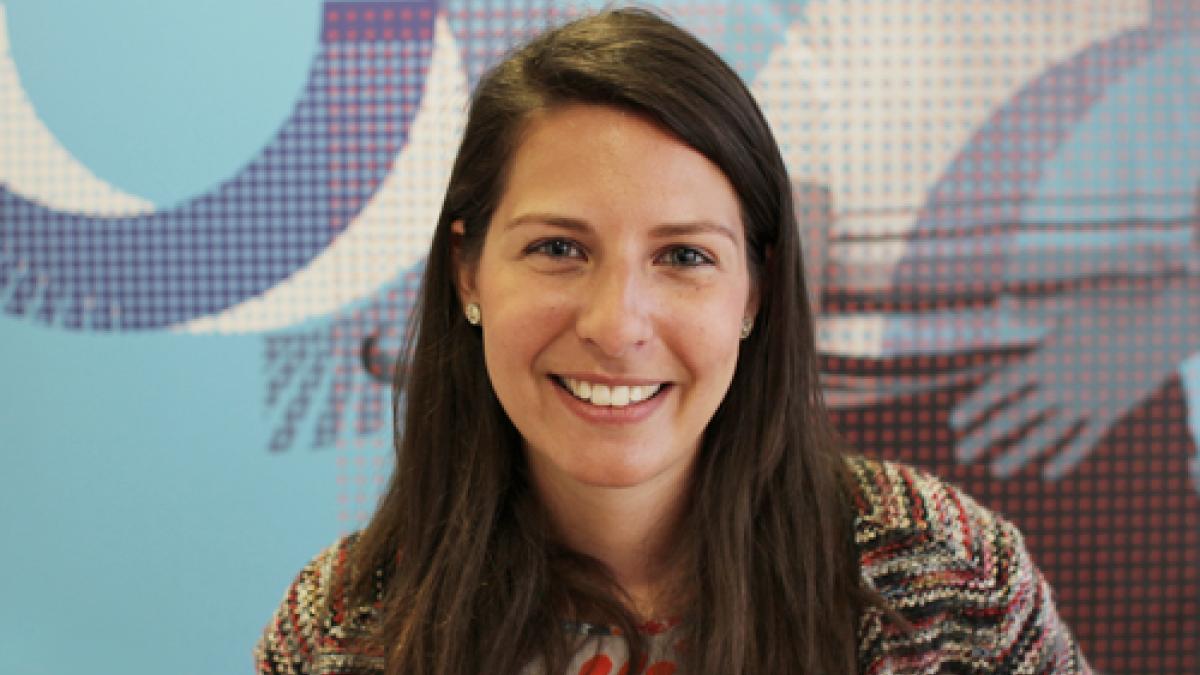Physios are being invited to put themselves forward as candidates for the annual National Institute for Health and Care Excellence’s (NICE) fellows and scholars programme.

NICE is looking for ten new fellows. Earlier this year Carley King received a scholarship to develop the cardio-respiratory Inspire project
Physios are being invited to put themselves forward as candidates for the annual National Institute for Health and Care Excellence’s (NICE) fellows and scholars programme.
NICE is seeking 10 fellows, who are usually senior health and social care leaders. They serve as ambassadors for the institute for three years and help to implement its guidance.
In addition applications are open for 10 one-year scholarships, which allow health and social care professionals to undertake projects that aim to improve the delivery of care or evidence-based practice.
The deadline for applications for the 2015 programme is 13 November.
Earlier this year CSP professional adviser Carley King received a NICE scholarship to develop Inspire, a ‘one-stop shop’ for guidelines relevant to cardio-respiratory physiotherapy.
She told Frontline: ‘The NICE scholarship is so much more than the project you propose. It has opened up opportunities to network with groups of people I would not have had access to otherwise, increased my understanding of how things work at NICE, and enabled me to develop my own problem solving approach, offering valuable CPD opportunities.’
She added that the Inspire project, a collation of NICE-accredited guidelines for physiotherapists in cardio-respiratory settings, is currently seeking comments and ideas from CSP members.
Contributions must be submitted before 7 November.
Fellows
Two physiotherapists became NICE fellows earlier this year. Gail Sowden, a consultant physiotherapist at Staffordshire and Stoke-on-Trent NHS Trust, and Robert Stenner, a consultant physiotherapist at Somerset Partnership NHS Trust, both received three-year fellowships.
Ms Sowden is working to increase awareness of the NICE guideline development process and supporting implementation of the institute’s management of non-specific low back pain and sciatica guidelines.
Meanwhile, Dr Stenner is working to improve the quality of health care delivery and patient experience. This includes exploring if patient decision aids can help to support the implementation of the revised NICE low back pain guidelines.
Speaking about his fellowship he said: ‘It has provided a great opportunity for networking, meeting fellows from other professional backgrounds and the staff at NICE
‘To support their fellows and scholars, NICE offer a range of very high quality workshops with excellent speakers which provides an insight into the methodology and rigour that underpins the way the institute produces its guidance.’
Find Out More
Number of subscribers: 0